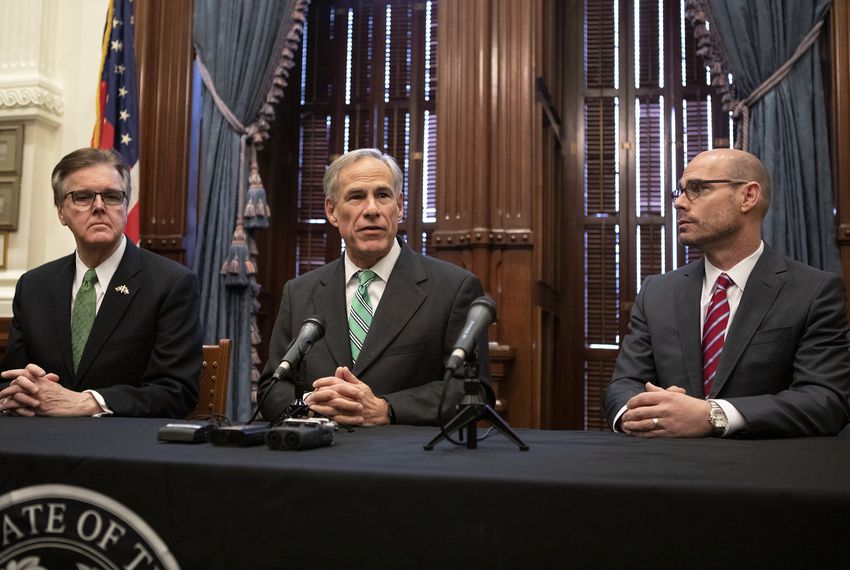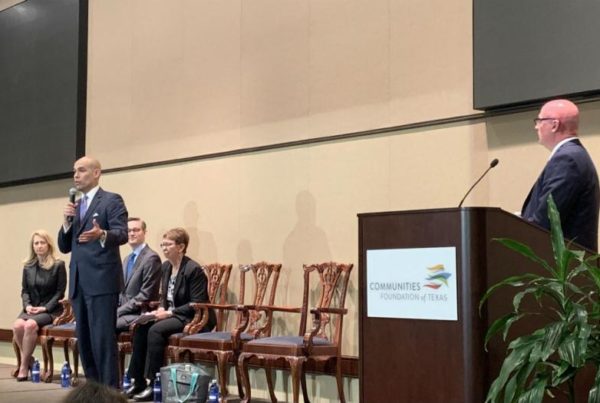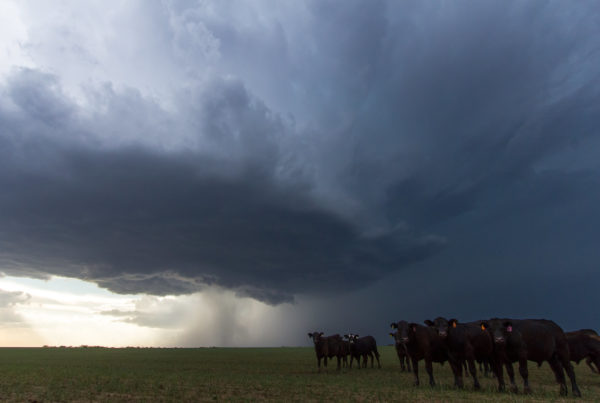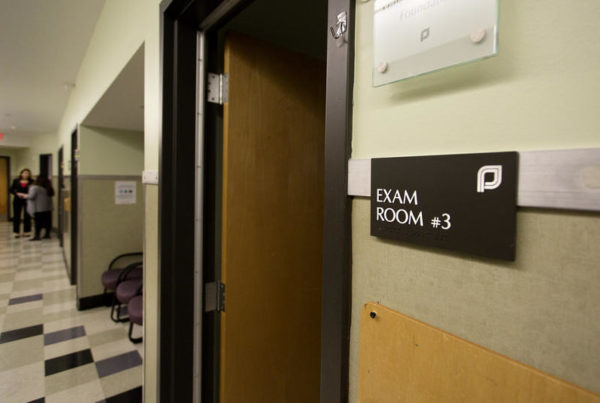Audio producer:Jill Ament
From The Texas Tribune:
It doesn’t matter if you start on April Fool’s Day or 18 months ahead of a legislative session. It doesn’t matter if there was only one issue in the last election and voters have kept the heat coming. It matters, but only a little, when there’s a judicial order hanging over them. And it matters not one bit that a governor has declared something an emergency — unless it really and truly is one.
The Texas Legislature does its most important work only when it’s about to run out of time.
Until then, this is the state’s most expensive, exclusive and exasperating drama club.
The creatures of the House and the Senate skittered back and forth last week, with frequent stops in the middle to see the governor and his people, mired in the details of the grand package of public education finance and property tax reform promised by state leaders at the beginning of the session. They’ve sprouted some important additions, namely property tax cuts and teacher pay raises.
But they’re not exactly hurtling through the legislation this will require.
But don’t worry. It’s not the deadline yet. They know that, the same way some students know they don’t have to freak out about Monday’s homework until Sunday night.
The session ends in six weeks, on Memorial Day. It is 70 percent done. House and Senate committees are cranking out legislation that will, in turn, lengthen the sessions of the full House and Senate. This isn’t the deadline, but it is the entrance to a bottleneck that kills roughly three of every four filed bills.
The big stuff has to compete, but this is in the design: leaving the priorities of a session until the end is a way to suffocate most of the other stuff. You can see it in the eyes of experienced lobbyists and lawmakers. While the rest of us wonder what’s up with schools and taxes, they’re trying to get their pet projects through the end of (legislative) days alive.
The two-year state budget has passed both the House and Senate and is on its way to the conference committee that will work out the differences. The House has passed its version of the school finance bill, and the Senate plans to pick that up and work from it. Property taxes, as you’ve surely read, are what had those government critters scurrying last week. The Senate’s $5,000 across-the-board pay raise for teachers and librarians is tucked in there, sort of: The House included a much smaller raise in its education bill. The difference is big, but it’s at least on its way to negotiations.
The newest twist – tossed in by the governor, lieutenant governor and speaker – would add a penny to the state’s sales tax and use some or all of the proceeds to finance a cut in school property taxes. Democratic and Republican lawmakers who don’t like the idea don’t like it for different reasons, but it has sparked a kind of bipartisan coalition that isn’t crazy about the idea.
Since this is proposed as a constitutional amendment, it would require approval from two-thirds each of the House and the Senate, and then from a majority of voters. That’s no easier in a special session than in the current regular session, potentially taking away reasons to delay all of this complicated stuff until later in the year.
And then there’s the legislation that most recently gummed up the machine. The House and Senate are poised to debate whether to require voter approval of property tax increases by cities and counties — and maybe, schools. But they were poised on Thursday, and nothing happened. The Senate, having moved its property tax limits out of committee on Valentine’s Day, has been poised longer than a Confederate statue. Lt. Gov. Dan Patrick’s frustration is apparently boiling over; he’s threatening to take “nuclear” alternatives if one more senator doesn’t join his side.
Both the House and Senate have been trying to get the votes to bring it up, and to pass it. The plan was to do that more or less in sync with the House, but the nursery rhyme about broken eggs and all the king’s horses and all the king’s men still holds.
And also, the unwritten rule of Texas legislators: Nothing happens, except on deadline. And that’s not here just yet.















